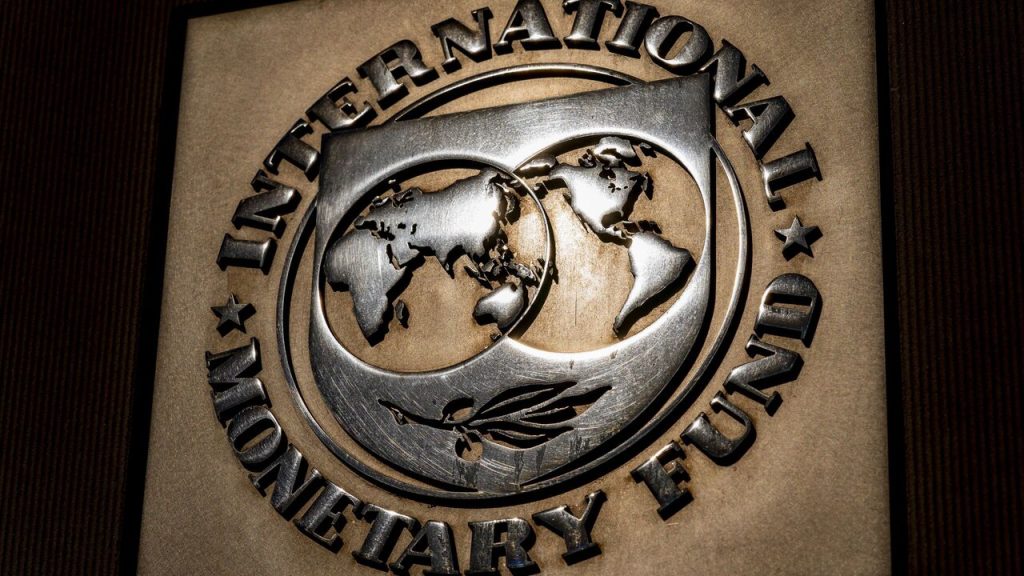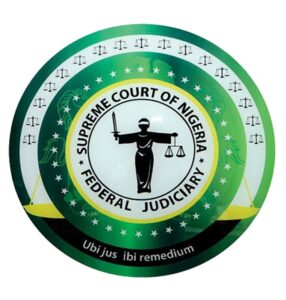IMF Board Thumbs up to WAEMU

The Executive Board of Directors of the International Monetary Fund (IMF) has commended the West African Economic and Monetary Union for being resilient to absorb a multiple of adverse shocks and still maintain strong growth estimated at 5.1percent in year 2024.
The board gave this commendation as it rose from its Discussion on Common Policies of member Countries of West African Economic and Monetary Union held in Washington Dc.
The Board noted that inflation had fallen rapidly from 2022 peak and it is now back within the 1-3 percent target range.
Specifically, it noted that while external reserves continued to fall significantly in 2023 by about US$2.6 billion, or about 3 3 months months of import, they rebounded by about US$1.8billion,in January.
This was achieved against the background of the cumulative 150 basis points over the 2022-2023 raised by the central bank of the region which unwittingly limited the bank refinancing.
The board projected that growth will rise to about about 6.8 percent in 2024-2025 due to the start of new hydrocarbon production; stressing that growth will hover near 6percent in the long term.

However, the board hoped that fiscal consolidation would proceed in 2024 that would reverse the deficit back to 3percent GDP projected for member Countries in 2025.
The IMF believed that the completion of the Hydrocarbon projects and fiscal consolidation, would lead to a quick narrowing of current accounts deficit and contribute to rebuilding of eternal reserves.
It also pointed out that the region remains subject to the regional security situation and political uncertainty.
Consequently, it advocated and stressed the need for a prudent policy mix that will ensure macroeconomic stability and rebuild external buffer zones and foster inclusive growth.
In the same vein, the board underscored the need for credible fiscal framework that addresses unidentified sources of debt creation and debt ceilings, inclusive of debt correction, enforcement mechanism and escape clauses.
It stressed that fiscal adjustment should be driven by revenue mobilisation to protect priority spending.
While commending the regional Central bank for its effective policy response, to address inflation and reverse losses,the directors recommended further tightening of monetary and fiscal policy to rebuild external buffer and contain financial risks.
It also sued for adoption of a medium-term plan to address risks emanating from the sovereign bank nexus; adding that targeted pillar 2 capital surcharges should contain bank concentration risks from sovereign lending.






